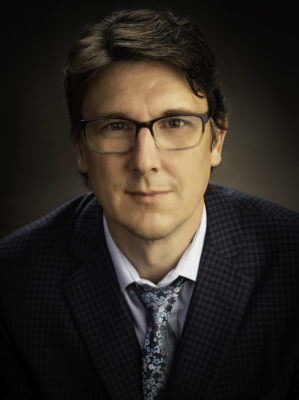 By Tim Stein
By Tim Stein
Meditation from Gifts of Recovery.
We must see all scars as beauty. Okay? This will be our secret. Because, take it from me, a scar does not form on the dying. A scar means, I survived.
–Chris Cleave
We all have our scars, some physical and some emotional. If we only focus on the scar and the experience that gave it to us, we are missing the point. A scar is a reminder, not only of what happened but also, and perhaps more importantly, that we survived.
What scars do I carry? Can I acknowledge the reality of what I went through? What gifts await me as I celebrate that I have survived?
* * * * * * * * * *
People are often uncomfortable about their scars. I have known individuals who have used their choice of clothing, hairstyle, jewelry, and makeup to hide their scars. And yet, inevitably, behind every scar is an interesting story that always ends with survival. I think about the scene in the movie “Jaws” in which Quint and Matt Hooper are sharing their scars and the stories that each scar represents. They laugh and joke and, in the end, sit in solemness, reflecting on the trials they have endured and that they survived to tell the story. I love the stories behind peoples’ scars. Whether they are stories of survival, mishap, or adventure, they provide insight into the individual and the events that have molded them. I applaud the individual that proudly owns their scars.
At one point in the previously mentioned scene from “Jaws,” Matt Hooper proclaims, “I’ve got the crème de la crème… Mary Anne Moffet… She broke my heart.” Everyone laughs but there is pure honesty in that moment. The scars that have molded us are not only physical. We each carry emotional scars as well. These may be heartbreak, betrayal, abandonment, shame, or any other event that has left its mark on us. And, like physical scars, people tend to hide these as well.  When I entered therapy in graduate school, I told my therapist that my sole reason for coming to her was “to experience what it was like on the other side of the couch so I could be a better therapist.” I did not tell her about my compulsive behaviors, my conflicted feelings about my family, the difficulties in my marriage, or the pain of my self-loathing. I hid these emotional scars. It was not until my higher power intervened and blew up my first marriage that I was willing to reveal these emotional scars in therapy.
When I entered therapy in graduate school, I told my therapist that my sole reason for coming to her was “to experience what it was like on the other side of the couch so I could be a better therapist.” I did not tell her about my compulsive behaviors, my conflicted feelings about my family, the difficulties in my marriage, or the pain of my self-loathing. I hid these emotional scars. It was not until my higher power intervened and blew up my first marriage that I was willing to reveal these emotional scars in therapy.
As therapists, we see this pattern frequently. The client who comes in because they are anxious or depressed and, only when pressed, reveals the scars of neglect or abuse. The couple looking for “communication skills” only to later reveal their own individual scars or scars carried by the relationship that are at the core of their relational struggles. The addiction client who focuses solely on sobriety and resists any forays into recovery balance or the issues underneath their addiction. As therapists, we know these patterns well. We know there are emotional scars underneath every presenting problem that walks into our office. And we know that, eventually, those scars will show up in session and that is when the real therapy work and healing begin. As therapists, we are curious, empathetic, and accepting when our clients reveal their scars.
There is no way around the fact that as wounded healers, we have our own scars. The neurology of our addiction was set in motion by our attempts to manage the scars of our traumatic experiences. We continued to scar ourselves through the shame and pain of our addictive behaviors. And, like our clients, it is not until we allow these scars to be seen that the real work of recovery begins. There is a reason that most 1st Steps take the form of sharing your story; a 1st Step is revealing your scars, which is healing for you and beneficial for those who witness it. If we are keeping our scars hidden, we are inhibiting our own healing and, at best, are limping along our recovery path.
As wounded healers, the beautiful gift of proudly owning our scars is a powerful tool in our therapy work. As we embrace our own scars, we can better understand, empathize with, and guide our clients. If appropriate, we can share the stories of our scars with clients as symbols of strength and hope. Like a 1st Step, the journey of embracing our own scars is healing for us and, when shared appropriately, is beneficial for our clients. Seeing our scars as beauty and allowing them to be seen highlights that those in recovery do indeed survive.
